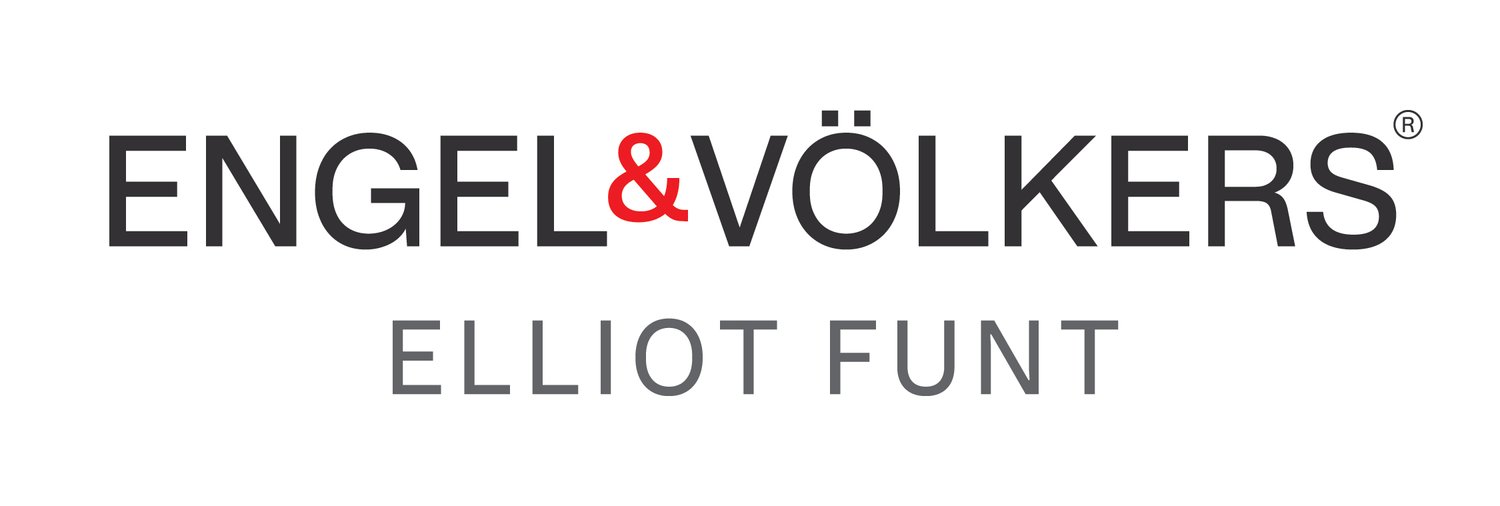May Summary From The Real Estate Board Of Greater Vancouver
May sees modest increase in home sales while housing supply reaches five-year high
Monthly Metro Vancouver1 home sales eclipsed 2,000 for the first time this year in May, although home buyer demand remains below historical averages.
The Real Estate Board of Greater Vancouver (REBGV) reports that residential home sales in the region totalled 2,638 in May 2019, a 6.9 per cent decrease from the 2,833 sales recorded in May 2018, and a 44.2 per cent increase from the 1,829 homes sold in April 2019.
Last month’s sales were 22.9 per cent below the 10-year May sales average and was the lowest total for the month since 2000.
“High home prices and mortgage qualification issues caused by the federal government’s B20 stress test remain significant factors behind the reduced demand that the market is experiencing today,” Ashley Smith, REBGV president said.
There were 5,861 detached, attached and apartment properties newly listed for sale on the Multiple Listing Service® (MLS®) in Metro Vancouver last month. This represents an 8.1 per cent decrease compared to the 6,375 homes listed in May 2018 and a 2.1 per cent increase compared to April 2019 when 5,742 homes were listed.
The total number of homes currently listed for sale on the MLS® system in Metro Vancouver is 14,685, a 30 per cent increase compared to May 2018 (11,292) and a 2.3 per cent increase compared to April 2019 (14,357). This is the highest number of homes listed for sale since September 2014 (14,832).
“Whether you’re a buyer looking to make an offer or a seller looking to list your home, getting your pricing right is the key in today’s market,” Smith said. “To be competitive, it’s important to work with your local REALTOR® to assess and understand the latest trends in your neighbourhood and property type of choice.”
For all property types, the sales-to-active listings ratio for May 2019 is 18 per cent. By property type, the ratio is 14.2 per cent for detached homes, 20 per cent for townhomes, and 21.2 per cent for apartments.
Generally, analysts say downward pressure on home prices occurs when the ratio dips below 12 per cent for a sustained period, while home prices often experience upward pressure when it surpasses 20 per cent over several months.
The MLS® Home Price Index2 composite benchmark price for all residential homes in Metro Vancouver is currently $1,006,400. This represents an 8.9 per cent decrease over May 2018, a 3.4 per cent decrease over the past six months, and a 0.4 per cent decrease compared to April 2019.
Sales of detached homes in May 2019 reached 913, a 1.4 per cent decrease from the 926 detached sales recorded in May 2018. The benchmark price for a detached home in the region is $1,421,900. This represents an 11.5 per cent decrease from May 2018, a 5.4 per cent decrease over the past six months, and a 0.5 per cent decrease compared to April 2019.
Sales of apartment homes reached 1,246 in May 2019, a 12.9 per cent decrease compared to the 1,431 sales in May 2018. The benchmark price of an apartment property is $664,200. This represents a 7.3 per cent decrease from May 2018, a two per cent decrease over the past six months, and a 0.5 per cent decrease compared to April 2019.
Attached home sales in May 2019 totalled 479, a 0.6 per cent increase compared to the 476 sales in May 2018. The benchmark price of an attached unit is $779,400. This represents a 7.6 per cent decrease from May 2018, a 3.5 per cent decrease over the past six months, and a 0.6 per cent increase compared to April 2019.
Download the May 2019 stats package.
Editor’s Notes
1. Areas covered by the Real Estate Board of Greater Vancouver include: Burnaby, Coquitlam, Maple Ridge, New Westminster, North Vancouver, Pitt Meadows, Port Coquitlam, Port Moody, Richmond, South Delta, Squamish, Sunshine Coast, Vancouver, West Vancouver, and Whistler.
2. MLS® Home Price Index 2019 update
In line with best statistical practices, the national MLS® Home Price Index (MLS® HPI) underwent an annual review in May.
MLS® HPI coverage was extended in neighbourhoods where sales volumes increased enough to support benchmark price tracking and was discontinued for neighbourhoods where sales became too sparse to support benchmark price calculations. REBGV also updated sub-areas in Vancouver, North Vancouver, and Ladner to better reflect changes in these communities over time.
To ensure MLS® HPI coverage is comparable, historical aggregate and composite data was recalculated to reflect these updates to the model.

